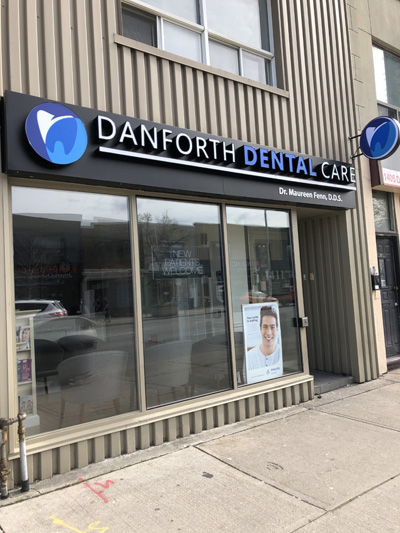Why Does my Tooth Still Hurt After My Cavity Filling?
Here’s when to be concerned, and when to simply be patient.
If you’ve ever had a dental filling, you may have experienced some sensitivity with your filled tooth following treatment.
The sensitivity or discomfort after a filling can range from mild and brief to severe and ongoing. There’s often no need to worry if a person is dealing with the former, but more serious pain should be a cause for concern.
Why teeth often cause discomfort after a filling
It’s normal for a tooth to feel sore or sensitive after a cavity filling. This is because the dental drill has penetrated through the layers of the tooth, closer to the tooth’s nerve – which is usually protected by the outer layers of the tooth. This can be irritating, and can cause some inflammation in the nerve (totally normal).
Another potential reason for discomfort after a filling is if it’s “too high” or “too tall” – in other words, if the filling doesn’t properly line up with the other teeth when biting down, creating a sensation of extra pressure in that area. (In this case, a simple visit back to the dentist to smooth out the excess filling will correct this).
Before a filling is placed, our dentist will numb the patient’s tooth with a local anesthetic. While the numbing agent certainly does an excellent job at keeping pain at bay, it is common to experience some discomfort or sensitivity after the numbness wears off. The tooth may even be sensitive to air, pressure or biting down, hot and cold foods and/or drinks, and sweet or acidic substances for a while after the procedure. It is also common for the filling to feel a little out of place at first while biting down or chewing. Fortunately, this discomfort is often temporary – lasting a few days to a few weeks at most.
Managing sensitivity at home
An OTC medication can help to reduce discomfort in the meantime as your tooth adjusts to the new filling and nerve fully heals. Using a toothpaste product designed to combat sensitivity is also typically effective for managing discomfort post-dental filling.
When should I worry about pain post-filling?
If you experience severe pain or longer-lasting discomfort after your filling, or if this is accompanied by any swelling, redness or a fever, you should contact your dentist as soon as possible. It’s in cases like these where the tooth may have “irreversible pulpitis” – particularly if the cavity damage was extensive, or the filling is large.
Contrary to reversible pulpitis where the tooth pulp recovers on its own and experiences only mild inflammation, with irreversible pulpitis, the nerve is damaged and dying – and root canal therapy or extraction is unfortunately the only solution.
In general, dental fillings are an excellent restorative treatment!
The good news is, most fillings cause no problems and will last many, many years with proper care! With that said, if you experience any severe pain or discomfort following your filling – especially with other symptoms—don’t wait to seek professional help.
Due for a dental visit? Schedule a visit with our friendly team today!


We are conveniently located near Greektown on the TTC Danforth Avenue subway line between Greenwood Avenue and Coxwell Avenue.
1411 Danforth Avenue, Toronto, ON M4J 1N2